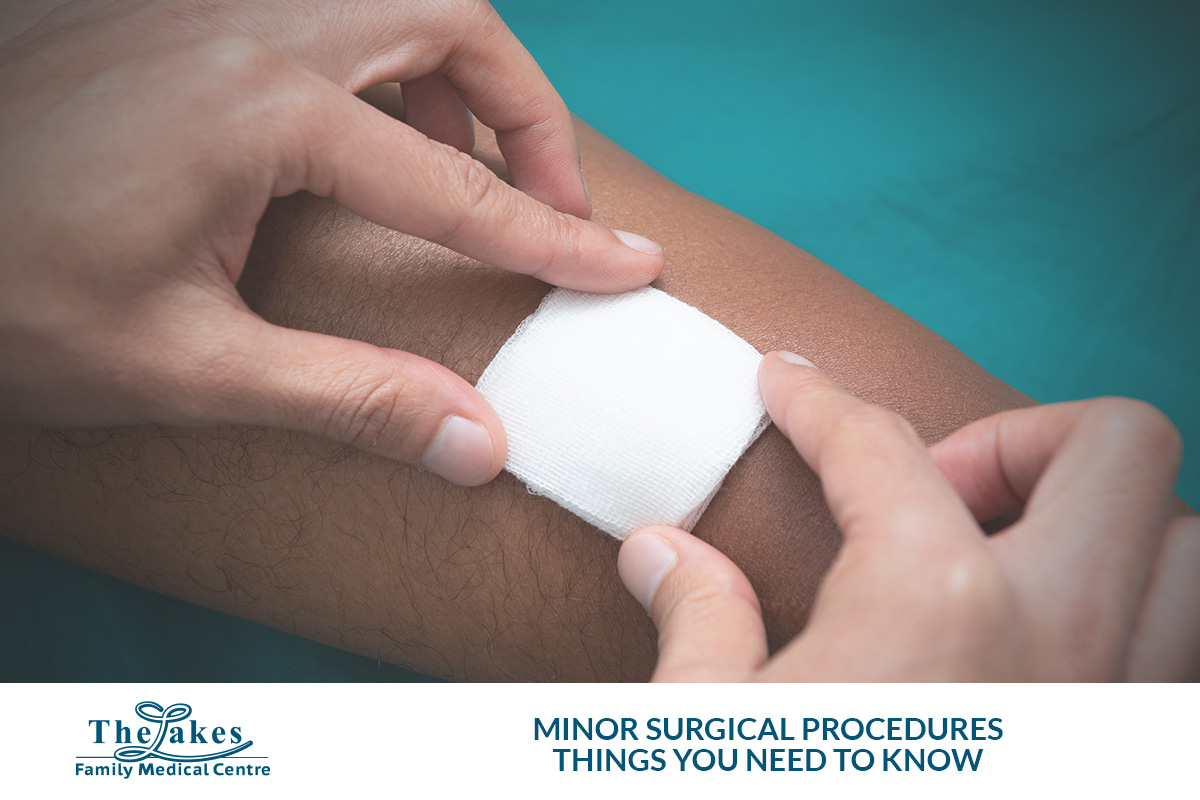
In the realm of healthcare, minor surgical procedures are common interventions that can be swiftly and safely performed within a General Practitioner (GP) clinic setting. These procedures often require minimal preparation and recovery time, offering a convenient option for patients needing various treatments. Understanding what minor surgeries entail, the types available, and what to expect can help demystify the process and ease any anxieties. This article delves into the essential aspects of minor surgical procedures, aiming to inform and prepare patients for their upcoming treatments.
🩺 What Are Minor Surgical Procedures?
Minor surgical procedures are defined by their low risk, minimal complications, and the use of local anesthesia or topical numbing agents, rather than general anesthesia. These interventions are typically quick, involve small incisions if any, and allow for a rapid recovery, often enabling patients to return home the same day.
🌟 Types of Minor Procedures
GP clinics may offer a variety of minor surgical services, including but not limited to:
- Skin lesion removals: For removing moles, warts, cysts, and skin tags.
- Laceration repairs: Stitching or gluing cuts and wounds.
- Abscess drainage: The removal of pus from infected areas.
- Joint injections: For relief of inflammation in joints.
- Biopsies: Taking small samples of tissue for diagnostic purposes.
📝 Preparing for Your Procedure
Preparation for a minor surgery is relatively straightforward:
- Medical History: Provide your GP with a complete medical history, including any medications you’re taking.
- Fasting: Depending on the procedure, you may be asked to avoid eating or drinking for a few hours beforehand.
- Comfort: Wear comfortable clothing and arrange for a companion to drive you home if necessary.
🔄 Aftercare and Recovery
Recovery from minor surgical procedures is typically quick, with most patients resuming normal activities within a few days. Your GP will provide specific aftercare instructions, which may include:
- Wound care: Guidelines on how to care for the incision site to prevent infection.
- Medications: Information on pain relief and any antibiotics prescribed.
- Follow-up: Details on when to return for a check-up or to have stitches removed.
💡 Why Choose a GP Clinic for Minor Procedures?
Opting for a GP clinic for minor surgeries offers several benefits:
- Convenience: Procedures are done in a familiar, local setting.
- Efficiency: Short waiting times and quick scheduling.
- Personal Care: Continuity of care from a GP who knows your health history.
Conclusion
Minor surgical procedures are a safe, effective way to address a variety of health concerns quickly and with minimal disruption to your life. By understanding what to expect and how to prepare, patients can approach their treatment with confidence, knowing they are in capable hands.
Finally, embark on whole year with a commitment to your health. At The Lakes Family Medical Centre, we’re here to guide you every step of the way. Together, let’s make this year your healthiest yet! Head to Hotdoc and book an appointment,, Start with personalised healthcare!
Learn more about The Lakes Family Medical Centre :




